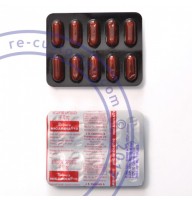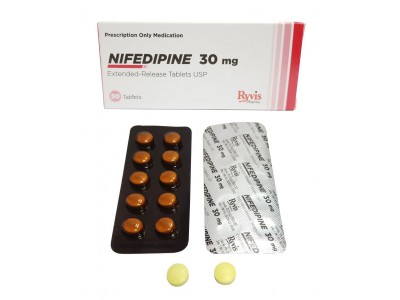Nifedipine, a calcium channel blocker used to manage high blood pressure and angina, can interact with a range of other medications, potentially altering their effects or increasing the risk of side effects. When taken with other antihypertensives, such as ACE inhibitors, ARBs, or other calcium channel blockers, nifedipine can enhance the blood pressure-lowering effects, sometimes leading to excessive hypotension. It’s important to monitor blood pressure regularly if these combinations are used.
Nifedipine can also interact with certain medications that affect liver enzymes, particularly those in the CYP3A4 family. Drugs such as some antifungals, antibiotics, and HIV protease inhibitors can increase nifedipine levels in the blood, raising the risk of side effects like swelling, dizziness, or palpitations. Conversely, medications like rifampin and St. John’s Wort, which induce liver enzymes, can reduce nifedipine levels, potentially decreasing its effectiveness.
Additionally, combining nifedipine with medications that affect the heart, such as digoxin or certain antiarrhythmics, requires caution as it can influence heart rhythm or function. It’s also worth noting that nifedipine can interact with grapefruit juice, which can increase nifedipine concentrations and lead to adverse effects.
Because nifedipine can affect or be affected by a variety of drugs, it is essential to inform your healthcare provider of all medications and supplements you are taking. This helps ensure safe and effective use of nifedipine and minimizes the risk of harmful interactions.

